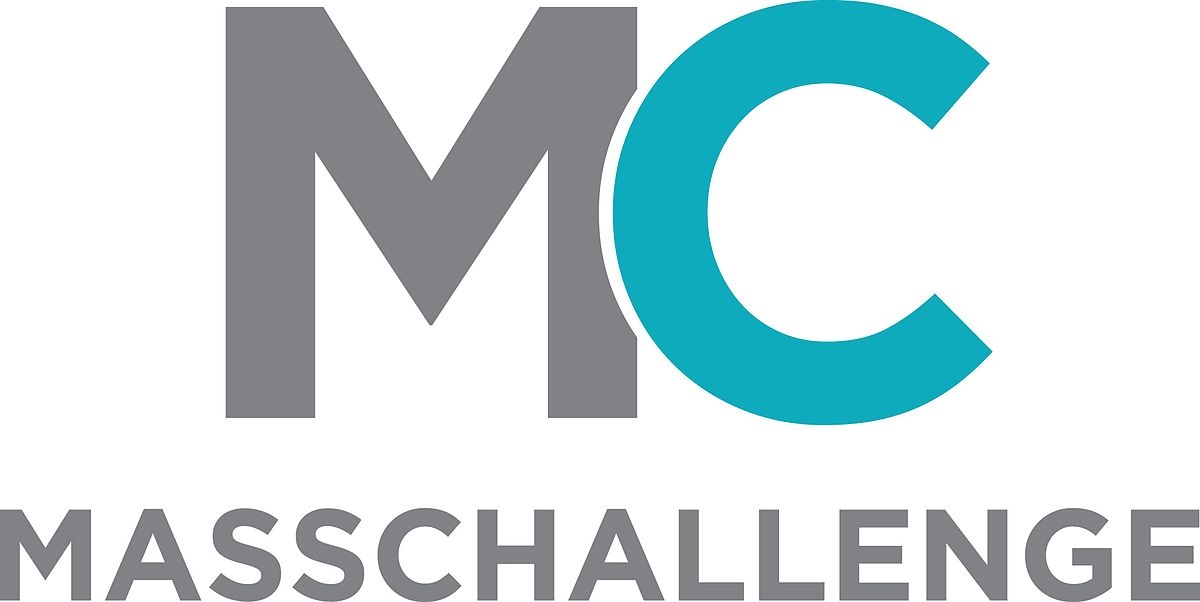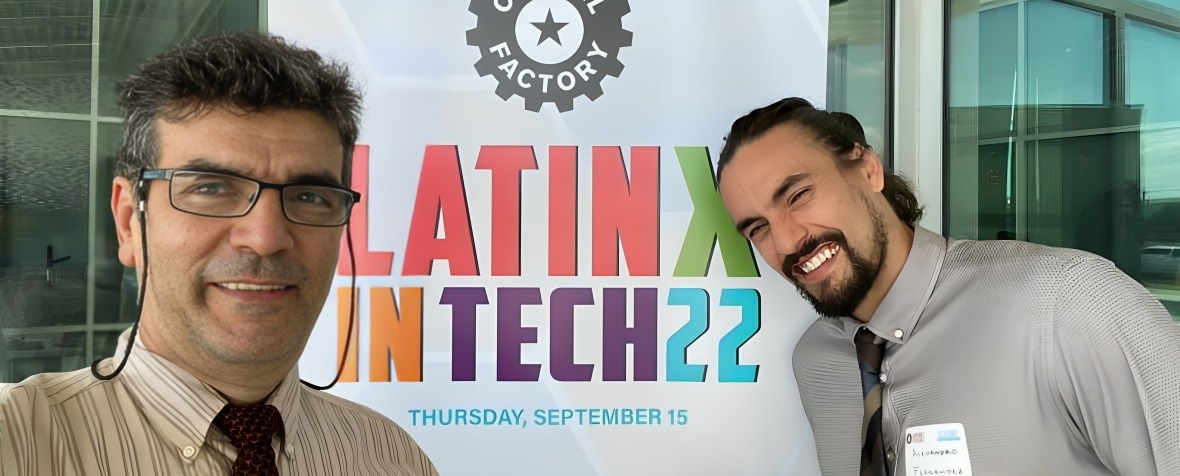Introduction to Alejandro from The Whisper Company
Q: Can you introduce yourself and your startup?
A: I’m Alejandro Fernandez, and I lead a startup based in Austin, Texas, named The Whisper Company. We specialize in cybersecurity, offering a range of products designed to protect data comprehensively. Our approach covers both ends of the cybersecurity spectrum.
On the front end, we have developed a unique form of authentication that is continuous or persistent. Traditional methods like passwords, biometrics, or multi-factor authentication are typically one-time checks at the point of entry. Our technology, however, continuously verifies the user’s presence. If the authenticated user is no longer in front of the device, our system can automatically secure the screen and its contents, ensuring that sensitive information remains confidential.
Moreover, at the backend, we’ve innovated with a patented encryption technology that is resistant to quantum computing threats. Quantum computing is rapidly advancing and poses a significant risk to conventional encryption methods. Our quantum-resistant encryption is designed to safeguard against future threats, addressing concerns that adversaries might store encrypted data now to decrypt it later using advanced quantum computing technologies.
Q: How did the idea for The Whisper Company?
A: The inception of The Whisper Company stemmed from a collaborative effort. My co-founder, a retired professor with extensive experience in academia and several patents, including our core chaotic hybrid encryption technology, decided to commercialize his latest invention after validating its market potential. Combining his technical expertise with my business acumen, we realized the importance of not just securing data but also ensuring that access to this data is continuously monitored and controlled. This realization led to the development of our persistent authentication technology, adding an extra layer of security in a world where data breaches are increasingly common.
Why MassChallenge?
Q: What drove you to join the MassChallenge accelerator program?
A: Our journey towards joining MassChallenge was influenced by recommendations from friends and mentors. We were aware of some of the larger accelerators, but MassChallenge stood out to us after a friend brought it to our attention. As we explored startup communities and learned more about MassChallenge, we recognized it as a fantastic opportunity.
While many of the well-known accelerators offer significant credibility and a boost to startups, they often require equity in return. This was a critical factor for us. We strongly believed in our startup and the technology we were developing. The idea of diluting our ownership, particularly at an early stage with a relatively low valuation, was not appealing.
MassChallenge, notable for not taking any equity, seemed like an ideal choice. When we applied, our startup was in its early stages – we didn’t even have a Minimum Viable Product (MVP) yet. However, we were able to demonstrate the potential of our technology, which was patent-pending at the time, and convey our mission and vision effectively.
Getting accepted into MassChallenge was exhilarating, especially considering our stage at the time. Our acceptance into the program without an MVP, but with a clear understanding of our goals and the traction we had gained, was a significant milestone for us. It was an experience we thoroughly enjoyed and benefitted from.
MassChallenge Application Process
Q: Can you describe the MassChallenge application process?
A: The application process for MassChallenge was pretty standard for accelerators. It started with an online form where we detailed our business, the problem we’re solving, our solution, the team, and our intellectual property. This was a bit like a condensed business plan. After this initial application, we were notified that we had advanced to the second round, which involved pitching to a panel of six judges.
What I really appreciated about MassChallenge was the feedback from judges, provided regardless of our advancement in the competition. They rated us on several criteria and also offered written comments. This feedback is valuable, especially in a startup environment where pivoting or course correction is often necessary. It’s insightful to see if there’s a consensus among the judges about certain aspects of our business, like market focus or strategy. This part of the process, getting detailed feedback, was really beneficial for us.
Inside MassChallenge Program
Q: Can you describe the structure of the MassChallenge program?
A: The MassChallenge program, spanning around one and a half to two months, was predominantly virtual and offered a series of sessions. What’s unique about these sessions is their flexibility. As a participant, you’re not required to attend every session, which is great for tailoring the experience to your startup’s specific needs. For example, if you’re already proficient in a particular area, like marketing, you could choose to skip those sessions and focus on others that are more relevant to your growth.
Q: How does MassChallenge’s mentor network support the participating startups?
A: A standout feature of MassChallenge is the access it provides to a vast mentor network. This network is crucial for startups looking for tailored guidance and feedback. You can search for mentors based on your startup’s specific needs or areas where you seek improvement. The mentors are generally very open to engaging and can set up regular meetings according to the startup’s schedule and developmental stage.
MassChallenge offers various specialized tracks tailored to different startup stages and sectors, like FinTech, HealthTech, and more. Our startup was part of the enterprise technology track, which provided more focused programming and mentorship. A notable aspect was being paired with mentors from KPMG, specifically chosen for their expertise that aligns with our technology. This targeted mentorship was incredibly beneficial, offering insights and guidance directly relevant to our technology and market.
Key Milestones Achieved at MassChallenge with Mentor Support
Q: During your time in the MassChallenge program, did you reach any significant milestones?
A: There were a couple of significant milestones we achieved during the MassChallenge program, largely thanks to the mentorship and guidance we received. Firstly, we secured some funding, which was a major step for us. Our mentors played a crucial role in this achievement, particularly in refining our pitch deck. As a technology startup, it’s easy to get caught up in the intricacies of our product and technology. The mentors helped us take a step back to adopt a broader perspective, focusing on the bigger picture of what we’re trying to change. They guided us to simplify our language, making our pitch more accessible and easier to understand for people who aren’t necessarily tech-focused. This approach significantly improved our pitch’s effectiveness.
Another milestone was the development of our MVP (Minimum Viable Product). We had our own development team, but one of our mentors, who had over two to three decades of experience in managing development teams, was also a developer. His insights and guidance were invaluable. Whenever we had questions or faced challenges, he offered a second opinion and advised us on the best course of action. His experience in the field was a tremendous asset to us, especially in the critical phase of building out our MVP.
Current Status and Future Goals of The Whisper Company
Q: What is the current status of The Whisper Company?
A: Currently, The Whisper Company is focusing on securing larger enterprise clients, particularly in government contracting, known as primes. These primes evaluate technologies for government use, and we’re in discussions with some of the largest ones. They’ve expressed a strong interest in both our encryption and authentication technologies.
In addition to government contractors, we’re also expanding into new markets, such as neo-banks in Latin America, particularly those venturing into the cryptocurrency space. Given the inherent security focus of crypto and its zero-trust architecture, we believe our cybersecurity solutions will be a perfect fit.
Q: What are your upcoming milestones?
A: A key milestone for us is the expansion of our technology to new devices. We’re currently mobile-first, but we’re developing a desktop solution. This is particularly relevant in the context of remote work. Imagine a scenario where, if an employee steps away from their device, it automatically secures itself, and then seamlessly resumes operation when they return. This not only enhances security but also improves user experience by eliminating the need for frequent logins.
We’re excited about the potential of our technology to solve both security and user experience challenges. We believe that once we successfully deploy our solutions to desktop environments, it will significantly broaden our market opportunities and drive further growth for our company.
Final Advice
Q: Do you have any final advice for founders considering applying to MassChallenge?
A: My advice to founders, especially if you’re at an early stage, is to apply to MassChallenge without hesitation. No idea is considered too early for them. MassChallenge is very open and accepting, especially if your idea aims to make a positive change in the world. If your innovation addresses a real problem and has the potential to help people, MassChallenge is more than willing to give you a chance.
Even for those in later stages, MassChallenge offers industry-specific accelerators like FinTech and HealthTech. They have a global presence, not just in the US but also in countries like Mexico and Switzerland.
Joining MassChallenge is a no-brainer. It’s widely recognized, being one of the top five accelerators known globally. The prestige of being a MassChallenge startup adds significant value and credibility to your company. It’s a badge of honor that you carry throughout your company’s journey. In our experience, being a part of MassChallenge has opened many doors, and we were also fortunate to be accepted into other accelerators in California and Texas.

